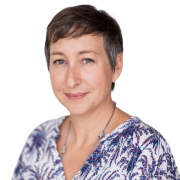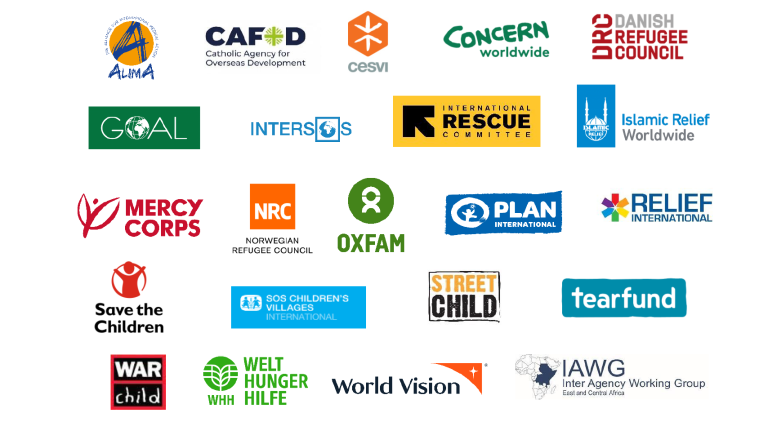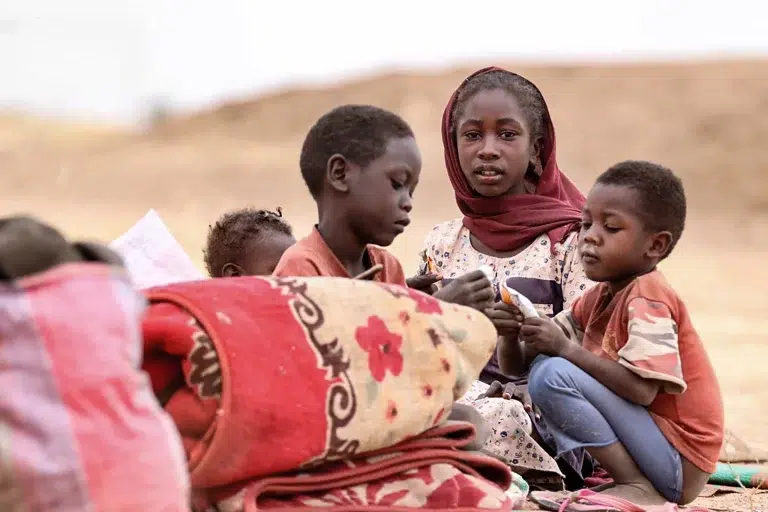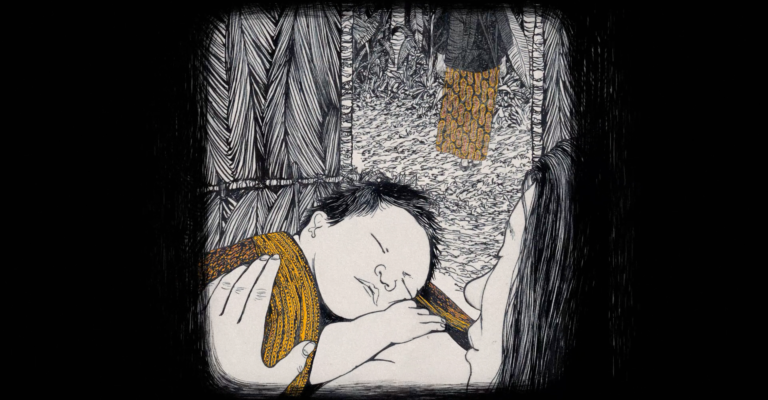Press Release
Facing the second wave of COVID-19, countries in sub-Saharan Africa lack resources and vaccines
Dakar, January 29, 2021 – The Medical Humanitarian NGO ALIMA (The Alliance for International Medical Action) warns of the accelerated spread of COVID-19 in sub-Saharan Africa and the sharp increase in mortality linked to the virus. Health systems urgently need resources to care for affected populations and access to safe, quality vaccines.
The second wave of infections stronger than the first one
Since October 2020, the number of new cases of COVID-19 has been increasing at an alarming rate in Africa. The continent, largely spared for a time by the pandemic, is now the region with the second-fastest propagation rate, after North America, the World Health Organization (WHO) announced in early January.
In the countries where ALIMA works, health workers are observing a significant increase in the level of reported cases. The spread of the virus has accelerated much faster compared to the early months of the pandemic in Africa, and so has the mortality rate. In Burkina Faso, for example, where ALIMA supports a University Hospital Center in the capital city, Ouagadougou, compared to a consistent number of tests performed daily, three times more cases were confirmed in six weeks, between December 1, 2020, and January 14, 2021, than in the previous nine months.
Faced with this situation, the health structures, which were reinforced during the first wave, are not sufficiently strong enough to cope with this new wave. They have been overwhelmed since the end of 2020 and are struggling to accommodate all patients. In Mali, the COVID-19 treatment centers, which are located only in the capital city, Bamako, and have a total of just 40 oxygen-equipped beds, are full. In the Democratic Republic of the Congo, the Ministry of Public Health announced in mid-January that hospitals were severely overcrowded due to the influx of COVID-19 patients.
Limited capacity for epidemiological surveillance and testing
The numbers are exploding, but compared to Europe, where the number of contaminated people is in the hundreds of thousands, they may still seem low in Africa. However, these figures reflect reality only to a very limited extent. Only 1,000 to 2,000 tests on average are carried out each day in West African countries – that is just one or two thousand tests per day for countries with several million inhabitants. This is nearly 300 times less than in Europe. A deplorable number. Especially since in several countries, tests have become a requirement for travelers. For those who do not travel, access to tests is even more difficult. WHO considers that only one case out of six is actually detected in the region.
The new variant identified in October by researchers in South Africa – 501Y.V2 – and known to be more contagious than the current strain of COVID-19, will make it even more difficult to limit the spread. For ALIMA, it is crucial to further support health authorities in implementing appropriate response strategies to limit the escalating spread of the virus and reduce mortality from COVID-19. This can be done by:
– Increasing the surveillance and detection capacity of COVID-19 cases;
– Supporting home-based care strategies for confirmed cases;
– Training health care workers in the care of severe and critical COVID-19 cases;
– Strengthening preventative measures and vaccination;
– Collaborating on research projects related to COVID-19.
Equitable and timely access to safe and quality vaccines
While most developed countries have started their campaigns with the first available vaccines, the immunization strategy in Africa is still unclear. COVAX, an initiative of WHO and Gavi, the Vaccine Alliance to ensure rapid and equitable access to vaccines worldwide, is a good start. But to date, none of the major vaccines have yet been administered in Africa.
“ALIMA is calling for equitable access to vaccines as soon as possible,” says Dr. Moumouni Kinda, ALIMA’s Director of Operations. “It is necessary to work to ensure that Africa has access to safe and quality vaccines following a strategy adapted to the African context, in terms of accessibility – cost, storage temperature – and targeting of people to be vaccinated, initially limited to those most vulnerable to COVID-19.”
Download the press release
About ALIMA
ALIMA (The Alliance for International Medical Action) is a humanitarian medical organization founded in 2009, which aims to provide quality health care to the most vulnerable people in areas of high mortality during emergencies and crises. ALIMA’s model is based on partnership with national humanitarian actors, local health staff, and civil society groups on the ground, and has established itself as a key player in medical humanitarian action in Africa. ALIMA’s goal is to transform emergency medical assistance and humanitarian medicine by promoting research and innovation to reinforce the impact of humanitarian actions.
In 11 years, ALIMA has treated more than 7 million patients in 14 countries and has launched more than 30 research projects on malnutrition, malaria, the Ebola virus, and Lassa fever. Its action during Ebola outbreaks was rewarded by several international awards: in 2015 by the European Union with the “Health Prize,” and in 2019 by Bill Gates with the “Game-Changing Innovator” award for the development of the CUBE (Biosecure Emergency Care Unit for Epidemics) technology.
For more information: www.alima.ngo
Press contact:
ALIMA (Dakar)
Clémentine COLAS – Head of Communication
clementine.colas@alima.ngo
Mobile: +221 76 644 83 47
Whatsapp: +33 6 87 27 12 96
ALIMA USA (New York)
Charlie Kunzer – Executive Director (ALIMA USA)
charlie.kunzer@alima.ngo
Mobile: +1 (212) 920-9705
Whatsapp: +1 (212) 920-9705
Cover photo: Burkina Faso, © Daniel Beloumou / ALIMA






